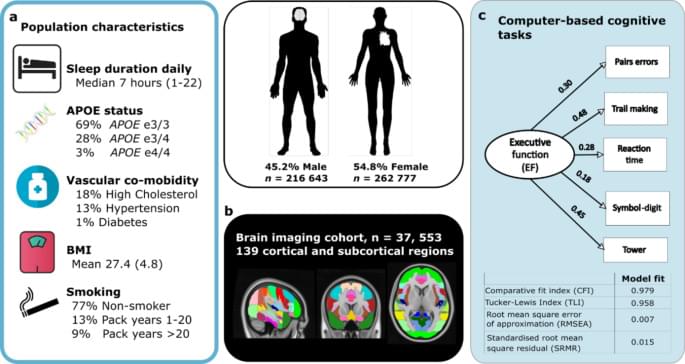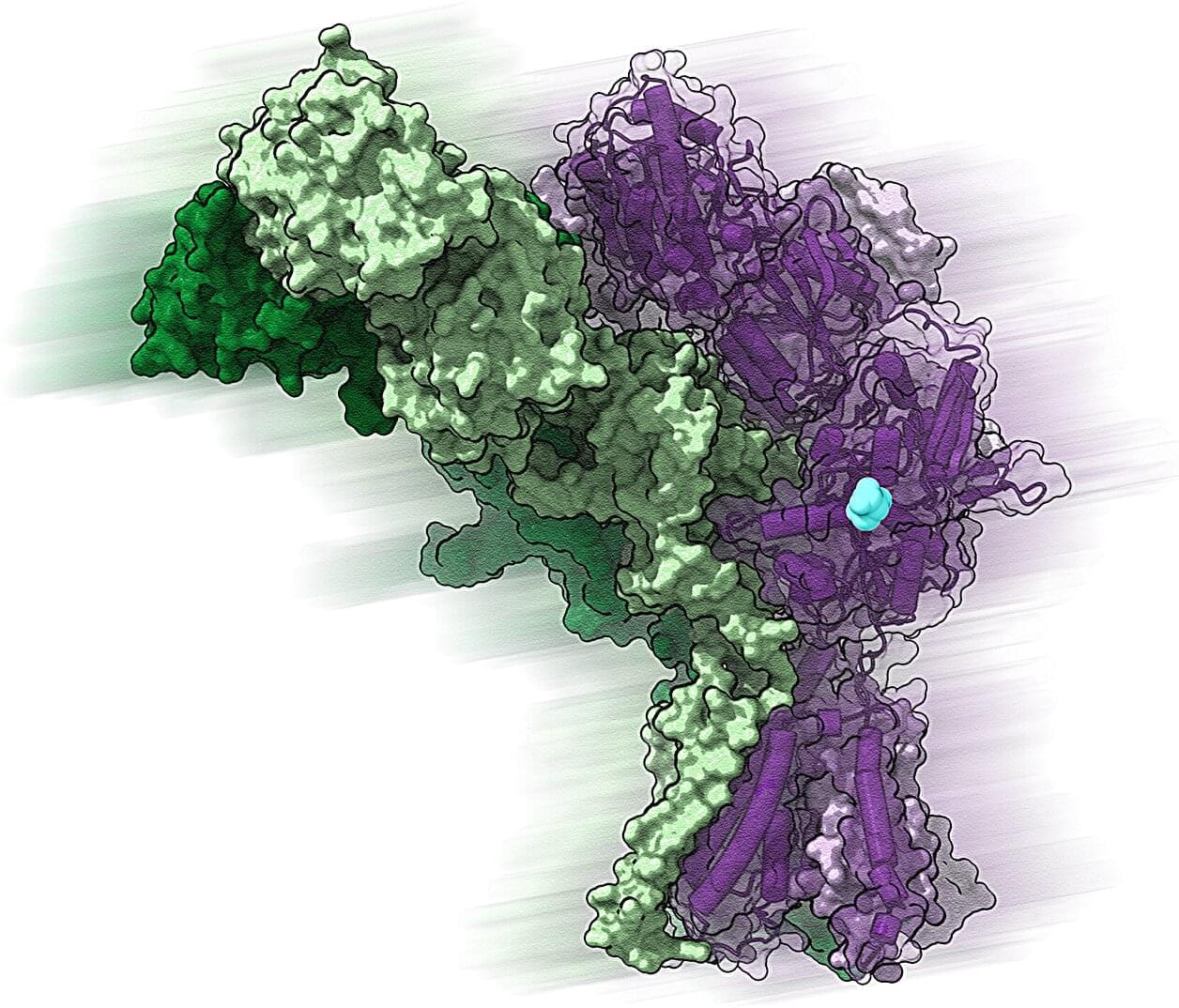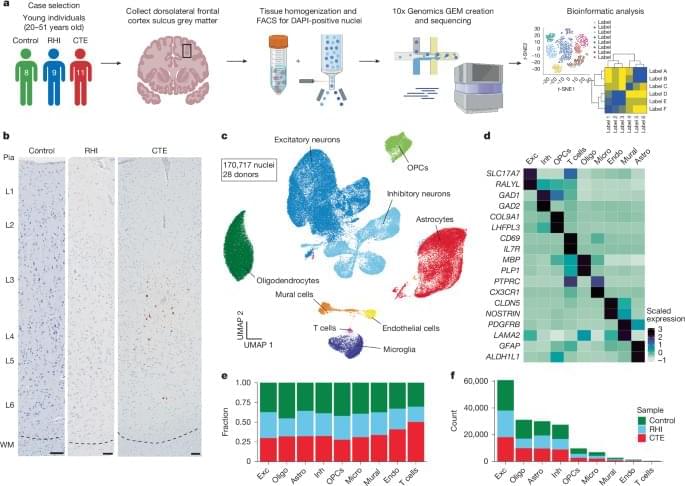The study investigates how people (“receivers” / “detectors”) evaluate deceptive information depending on social distance (friend vs. stranger) and context (whether the outcome involves gains or losses).
Receivers were more likely to fall for deception in gain contexts than in loss contexts. That is, when there is a possible reward, people are less vigilant / more prone to be deceived.
Key brain regions involved: Dorsolateral Prefrontal Cortex (DLPFC, risk evaluation), Orbitofrontal Cortex (OFC, reward processing), Frontal Pole Area (FPA, intention understanding). Differences in activity/connectivity in these regions were associated with how people evaluated deceptive vs truthful information, and depending on social distance.
Preventing deception requires understanding how lie detectors process social information across social distance. Although the outcomes of such information are crucial, how detectors evaluate gains or losses from close versus distant others remains unclear. Using a sender-receiver paradigm and fNIRS hyperscanning, we recruited 66 healthy adult dyads (32 male and 34 female dyads) to investigate how perceived social distance modulates the neural basis in receivers (the detector) during deceptive gain–loss evaluation. The results showed that detectors were more prone to deception in gain contexts, with these differences mediated by connectivity in risk evaluation (Dorsolateral Prefrontal Cortex, DLPFC), reward-processing (Orbitofrontal Cortex, OFC), and intention-understanding regions (Frontal Pole Area, FPA). Hyperscanning analyses revealed that friend dyads exhibited higher interpersonal neural synchrony (INS) in these regions than stranger dyads. In gain contexts, friend dyads showed enhanced INS in the OFC, whereas in loss contexts, enhanced INS was observed in the DLPFC. Trial-level analysis revealed that the INS during the current trial effectively predicted the successful deception of that trial. We constructed a series of regression models and found that INS provides superior predictive power over single-brain measures. The INS-based Support Vector Regression model achieved an accuracy of 86.66% in predicting deception. This indicates that increased trust at closer social distances reduces vigilance and fosters relationship-oriented social information processing. As the first to identify INS as a neural marker for deception from the detector’s perspective, this work advances Interpersonal Deception Theory and offers a neuroscientific basis for credit risk management.
Significance Statement Using a sender–receiver paradigm and fNIRS hyperscanning, we investigated deception from the detector’s perspective across social distances and gain–loss contexts. Our findings reveal that interpersonal neural synchrony (INS) between the dorsolateral and orbitofrontal prefrontal cortices reliably predicts whether deception succeeds. We further analyzed the predictive power of INS at the trial level and found that deception susceptibility was first apparent in the early stages of verbal communication. These results suggest that deception is not solely shaped by individual vigilance but emerges from dynamic neural coupling during interaction. This study identifies INS as a neural signature of deception susceptibility and bridges behavioral models with neural computation, offering implications for deception detection in real-world social contexts.








